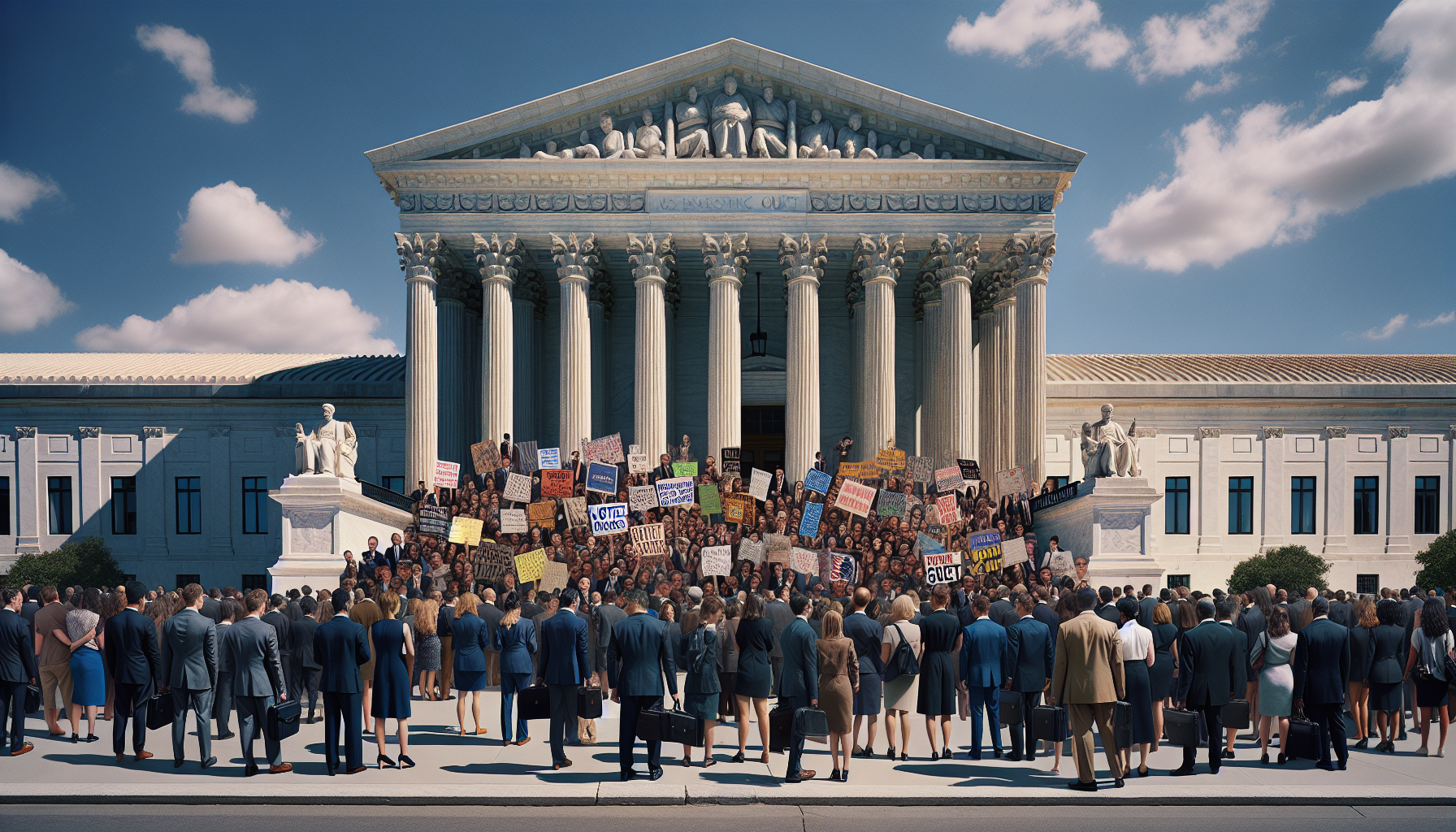The U.S. Supreme Court heard oral arguments in Callais v. Louisiana, a case that could restrict or end Section 2 of the 1965 Voting Rights Act. The arguments focused on whether creating majority-minority districts violates the 14th and 15th Amendments. Civil rights advocates warn of catastrophic consequences for multiracial democracy.
On Wednesday, October 16, 2025, the Supreme Court convened for oral arguments in Callais v. Louisiana, a pivotal challenge to Section 2 of the Voting Rights Act of 1965. This provision has long protected against racial vote dilution by allowing courts to require majority-minority districts where necessary. The case questions whether Louisiana's intentional creation of a second such district violates the 14th or 15th Amendments, which prohibit racial discrimination in voting and citizenship rights.
Janai Nelson, president and director-counsel of the NAACP Legal Defense Fund, argued in defense of the Act. She emphasized the statute's role in effectuating constitutional mandates, noting it as "the birth certificate of our democracy." The case was held over from last term, initially argued in March 2025, and reheard on this broader constitutional issue after the Court expanded the question in June.
Justices expressed skepticism toward precedents upholding Section 2. In the recent Allen v. Milligan decision, the Court affirmed the provision's constitutionality, with Chief Justice John Roberts stating, "That’s the whole point of the enterprise," regarding race-conscious remedies. Yet, during arguments, some justices revisited the 1986 Thornburg v. Gingles framework, which sets tests for vote dilution claims. Justice Elena Kagan highlighted the repetition, asking how central issues dismissed in Milligan were resurfacing.
Justice Neil Gorsuch questioned whether courts could "intentionally discriminate in a remedial map on the basis of race" under Section 2. Justice Brett Kavanaugh raised a "sell-by date" concern, arguing that "race-based remedies are permissible for a period of time" but "should not be indefinite and should have an end point." Nelson countered that no precedent requires statutes to dissolve over time, especially for the VRA, the "crown jewel of civil rights legislation." She noted Congress explicitly limited Section 5's duration through reauthorizations but left Section 2 permanent.
The Roberts Court's history, including the 2013 Shelby County v. Holder decision that weakened other VRA sections, suggests potential narrowing. Nelson remains hopeful, citing the unexpected victory in Milligan despite dire predictions. A ruling could reshape congressional representation, potentially costing Democrats seats and hindering minority voting protections.

